Connecticut Tribes End Slot Revenue Slide, More Good News for Mashantucket Pequot and Mohegan Indians
Posted on: November 18, 2019, 08:24h.
Last updated on: November 18, 2019, 10:47h.
Connecticut tribes saw their casino slot machine win post a gain in October, the first time that has occurred since June of 2018.
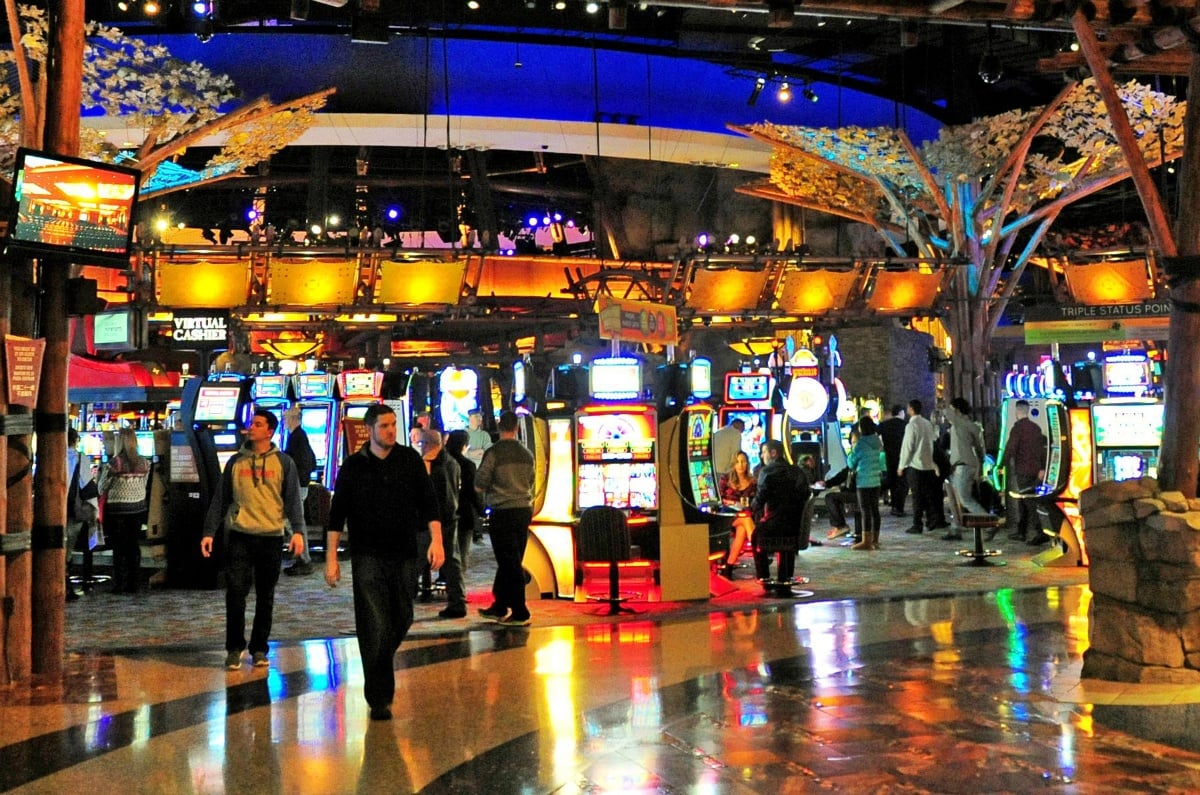
The Native American’s two casinos – Mohegan Sun and Foxwoods – both reported 15 consecutive months of gross slot machine declines. October ended that unwanted run, Mohegan Sun reporting $43.6 million and Foxwoods $34.5 million from the terminals.
We feel the Connecticut market is strong and we’re pleased with the October performance,” Mohegan Sun VP and chief marketing officer Dave Martinelli told The Day.
Owned respectively by the Mohegan and Mashantucket Pequot tribes, Mohegan Sun’s October slot haul represented a 2.6 percent gain on the same month in 2018. Foxwoods’ take was less than a 0.5 percent gain, but nonetheless a gain.
Under the state’s gaming compact with the tribes, 25 percent of their slot machine win is shared with the government. That equated to $19.7 million last month.
Connecticut’s tribal casinos do not report gross gaming revenue generated from table games.
Winning Streak
One month in the black doesn’t merit an overabundance of celebration. But the October slots report is another piece of good news for Connecticut’s two tribes.
The Mashantucket and Mohegans have been in a bitter legal battle with the federal government and MGM Resorts to jointly construct a satellite casino resort in East Windsor. The state signed off on the non-reservation casino in an effort to keep valuable slot money from flowing across the Connecticut-Massachusetts border to MGM Springfield.
MGM’s $960 million gaming complex opened in August of 2018. The tribal satellite casino site is just 13 miles south in East Windsor, Connecticut.
MGM has been accused of successfully lobbying the US Department of the Interior to refrain from approving Connecticut’s amended gaming compacts with the tribes that allows them to build and operate a casino outside their sovereign lands. Federal consent finally came in March 2019, more than a year after the contracts were submitted for approval.
The Interior Department last week refuted claims by MGM that it erred in granting the tribes authorization to proceed in East Windsor. MGM contends Connecticut essentially legalized commercial gambling and failed to hold a competitive bidding process.
“Because there is no statutory or regulatory limitation on Interior’s ability to reconsider … Amendments, Interior properly used its inherent authority to approve such Amendments, despite Plaintiffs’ contrary assertions,” an Interior Department filing stated.
Crowded Market
The Connecticut tribes have blamed new competition in the northeast for their slot machine declines.
Foxwoods opened in 1992, and Mohegan Sun in 1996. At the time, none of Connecticut’s neighbors had commercial casinos. Today, all of them do – New York, Rhode Island, and Massachusetts.
There’s a fierce competition for customers. And in Massachusetts, things aren’t exactly going well for the MGM property.
Prior to the resort’s opening, MGM told the Massachusetts Gaming Commission that the casino would report gross gaming revenue of $418 million in its first year. But the Springfield floor won $273.8 million in its first full year in operation – a 34.5 percent shortcoming.
Related News Articles
Most Popular
Genovese Capo Sentenced for Illegal Gambling on Long Island
NBA Referees Expose Sports Betting Abuse Following Steve Kerr Meltdown
UPDATE: Former Resorts World & MGM Grand Prez Loses Gaming License
VEGAS MYTHS RE-BUSTED: The Traveling Welcome to Las Vegas Sign
Most Commented
-
UPDATE: Whiskey Pete’s Casino Near Las Vegas Closes
— December 20, 2024 — 33 Comments -
Caesars Virginia in Danville Now Accepting Hotel Room Reservations
— November 27, 2024 — 9 Comments -
UPDATE: Former Resorts World & MGM Grand Prez Loses Gaming License
— December 19, 2024 — 8 Comments -
FTC: Casino Resort Fees Must Be Included in Upfront Hotel Rates
— December 17, 2024 — 7 Comments
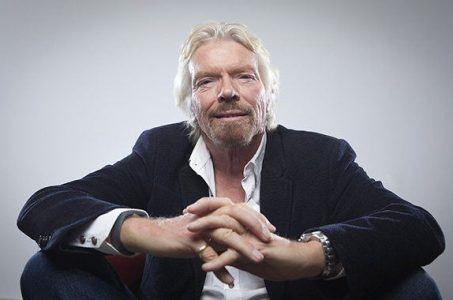
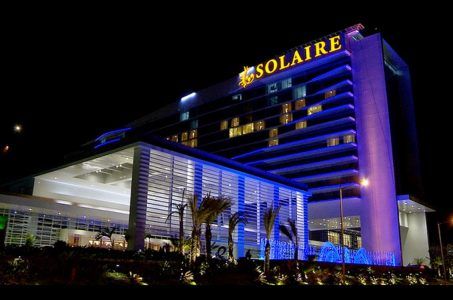
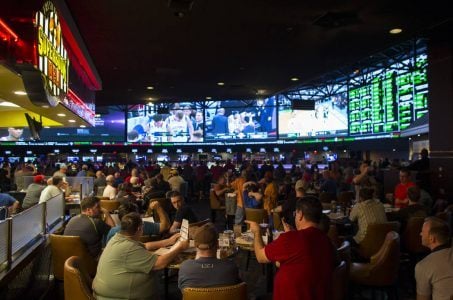
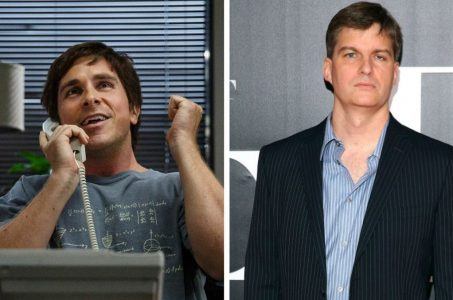












No comments yet